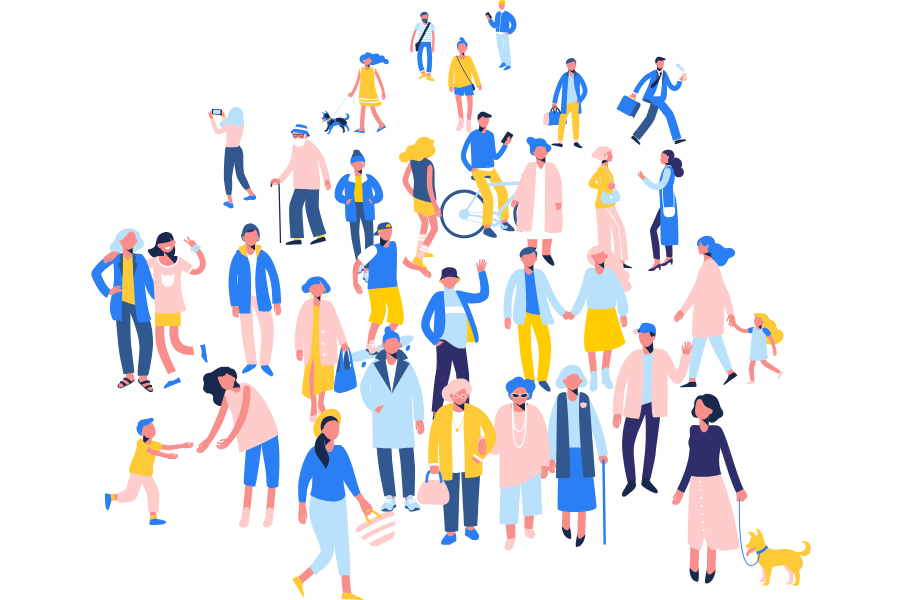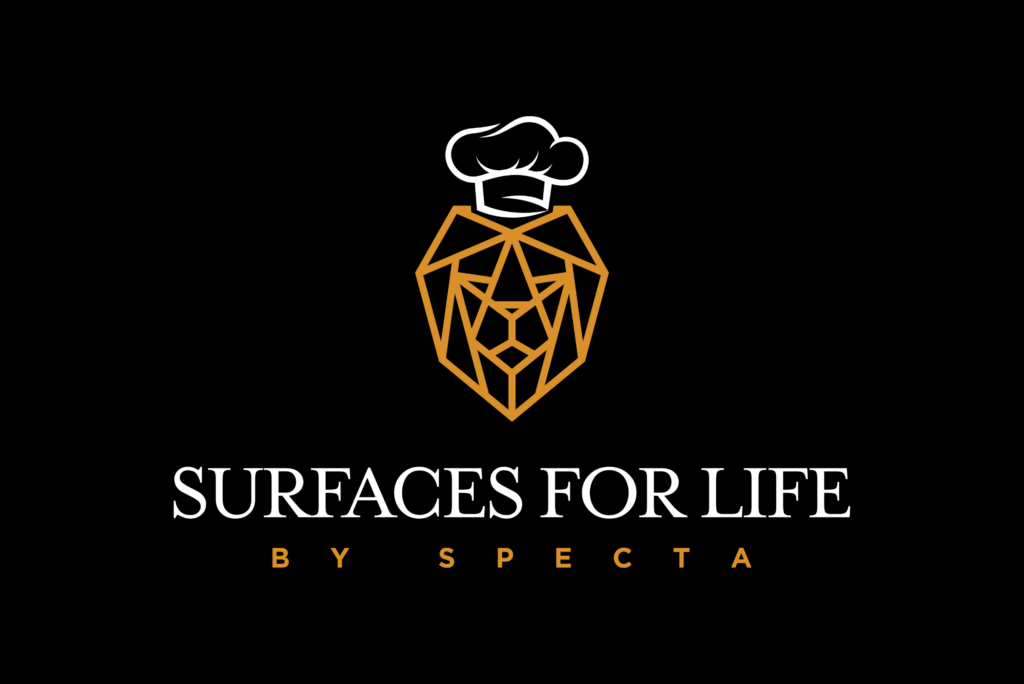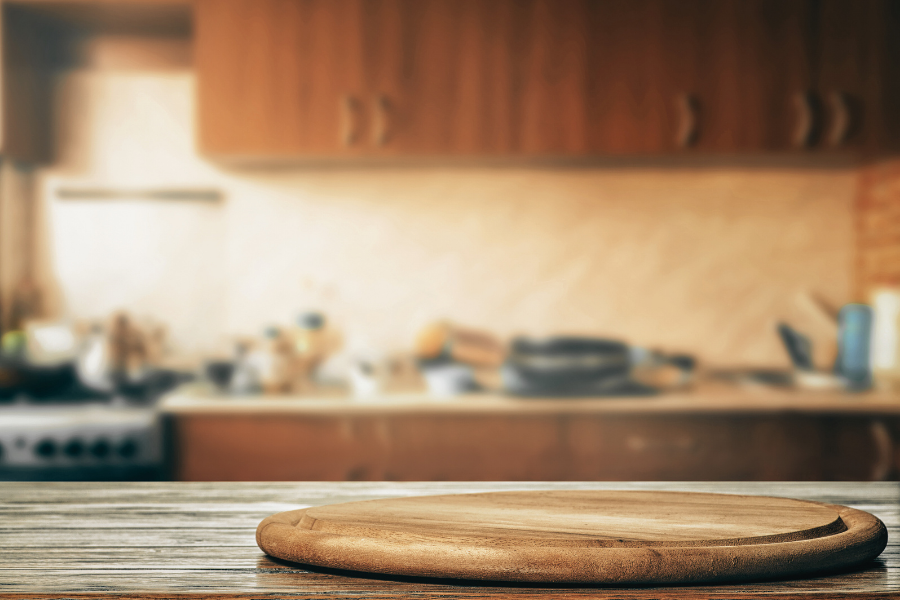There’s no place on earth where you won’t have to eat. Food ties into every part of life – health, culture, identity, survival. Yet many adults go through life without the ability to consistently feed themselves well, relying instead on others, convenience foods, or systems that can falter when circumstances change.
Kitchen literacy is as essential today as digital or financial literacy. It gives you control over nutrition and budgeting, a sense of self-respect, and the confidence to adapt when life shifts. Without it, independence is fragile. With it, you carry a steady capability that strengthens every stage of life.
You Can’t Escape Food
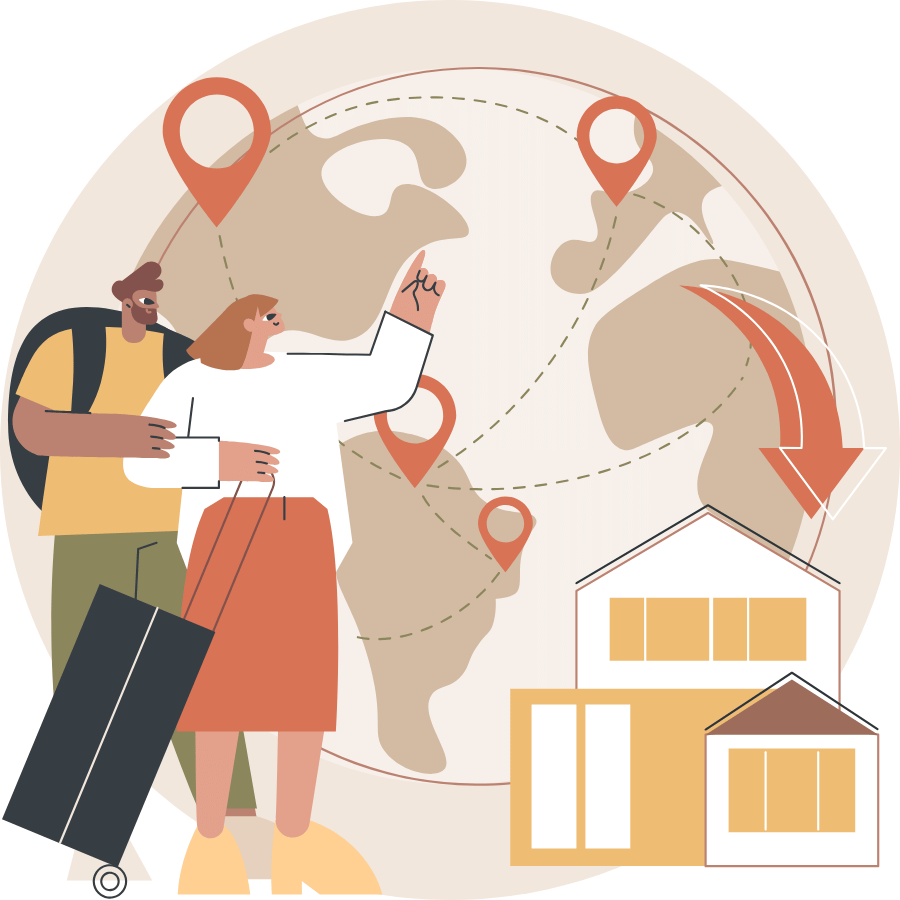
Food does more than keep us alive; it carries culture, memory and belonging. Migration shows this clearly: Italians brought pasta across the Atlantic. Indian labourers carried spice blends to the Caribbean. Students recreate rasam in London flats, while families in Toronto preserve tradition with homemade pickles.
Fusion cuisines and evolving local foods show how kitchen habits document shared stories. Food becomes a medium of exchange and growth, creating something new while preserving memory.
At the everyday level, it’s also about belonging: potlucks, langar at a gurdwara, or lunchboxes opened together at work. Kitchens extend into communities, shaping how we connect and care for one another.
Kitchen literacy makes this continuity possible. It lets you carry tradition, adapt it, and share it. It helps you recreate “home” far away, join new circles through food, and keep culture alive wherever you are.
Why Many Don’t Know (And Why That’s Understandable)

If you never learned to cook, you’re not alone. Kitchen skills are rarely framed as essential. In some households, one person cooks while others stay uninvolved. In others, food is outsourced to domestic help, cafeterias or delivery. Busy families lean on convenience, leaving little reason to involve children. For some, the kitchen itself is a barrier – cramped, cluttered, or uninspiring.
And sometimes, people simply don’t enjoy it.
These are common realities. They explain why many reach adulthood unprepared in the kitchen. But the gap isn’t permanent. Literacy can be built at any stage.
Overcoming the Hurdles
For late starters, the kitchen can feel foreign. Fear of failure, wasting food, or making a mess keeps many away. But mistakes are part of the process. Everyone burns rice. Everyone overcooks pasta. Everyone misreads a recipe.
The point of literacy isn’t perfection; it’s competence. A few reliable dishes can shift the kitchen from intimidating to empowering, unlocking confidence that carries into other parts of life.
Starting at Any Age
Few skills adapt as seamlessly across a lifetime as cooking. Kitchen literacy begins in small, playful ways and matures with us through responsibility, survival, caregiving and legacy.
Ages 6–10: Curiosity first
At this age, the kitchen is a playground for the senses. Washing vegetables, tearing lettuce, or stirring batter teaches that food doesn’t just appear; it is prepared with care. A fruit chaat or a simple sandwich can feel like a first accomplishment, more about confidence and familiarity than output.
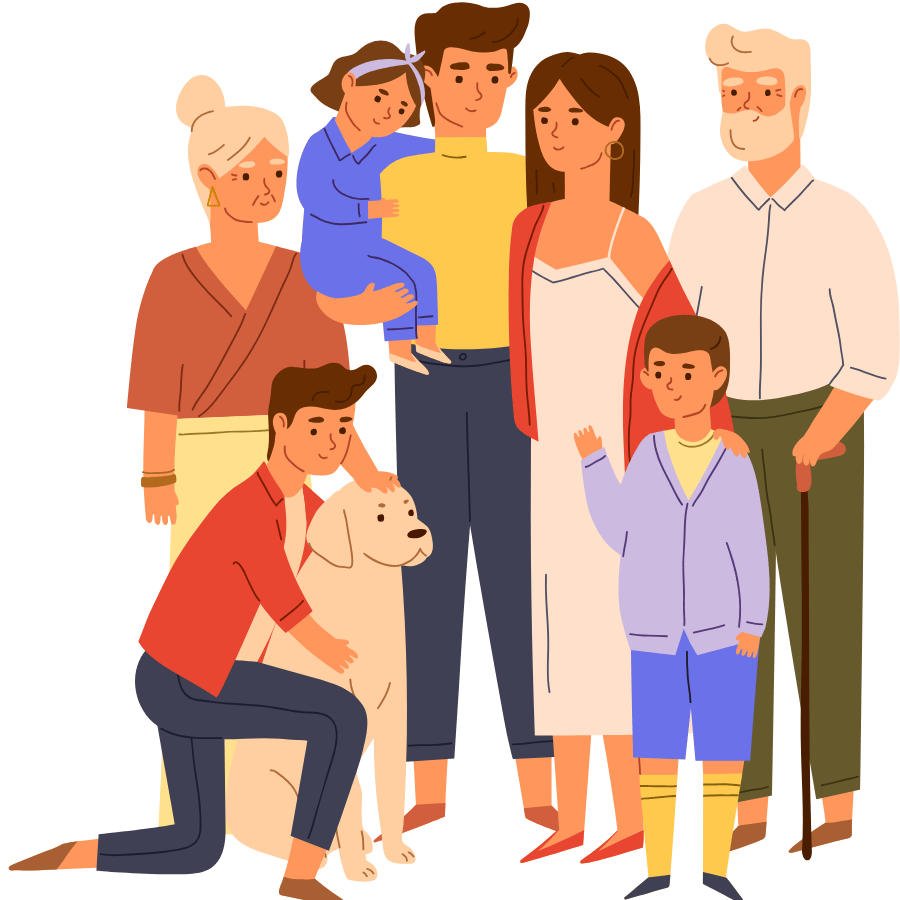
Ages 11–16: Safety and simple meals
Adolescence is the right time to introduce technique. With supervision, teenagers can learn knife skills, measuring, or cooking over a flame. Preparing an omelette or cooking dal and rice builds both responsibility and pride. Lessons from school – fractions, ratios, chemistry – can come alive in a pan.
Ages 17–25: Independence
Young adulthood often means leaving home. Cooking becomes both a survival tool and a social anchor. Knowing how to make khichdi, stir-fried noodles, or pasta with vegetables can mean the difference between expensive monotony and real independence. Shared meals with roommates or friends often become the heart of community.
Ages 26–45: Efficiency and caregiving
This stage brings the busiest mix of roles: jobs, partners, children or parents. Cooking shifts from survival to refinement — balancing nutrition with variety, preparing reliable family dishes, or adapting meals to diverse diets. Food becomes practical, but also symbolic: a tiffin packed for a child or sweets made for a festival carry love and tradition as much as nourishment.
Ages 45+: Rediscovery and legacy
With routines stabilised or children grown, cooking becomes reflective and personal again. It slows down, moving from duty to joy. Quick, health-focused meals fit changing needs, while passing down recipes or documenting traditions preserves continuity. At this stage, food is as much about memory and legacy as daily health and mindfulness.
Adapting to Different Environments
Kitchens reflect the spaces and circumstances of the people using them. A hostel student with a single burner, a working parent with 30 minutes, or a retiree with time and appliances will all cook differently.

- Small or shared kitchens: One-pan meals and simple tools still deliver nourishment.
- Limited tools: A pot, knife, and board are enough to explore entire cuisines.
- Time-pressed lives: Meal prep and batch cooking turn chaos into routine.
- High-tech kitchens: Gadgets sitting idle can be rediscovered step by step.
- Complete outsourcing is easier: Even where support is available, being involved in some part of the process gives better outcomes.
This adaptability is what makes kitchen literacy powerful. It isn’t about the perfect kitchen. It’s about making food work for your life, wherever you are.
First Steps
The idea of “learning to cook” can feel overwhelming, but literacy starts small, like any other habit you’re looking to sustain. Begin with space, tools, and technique, instead of elaborate recipes.
- Clear one counter.
- Organise one shelf.
- Equip yourself with a few basics: a good knife, a cutting board, one versatile pan.
Master a handful of techniques – sautéing vegetables, cooking rice, making a simple soup. Each one unlocks dozens of possibilities.
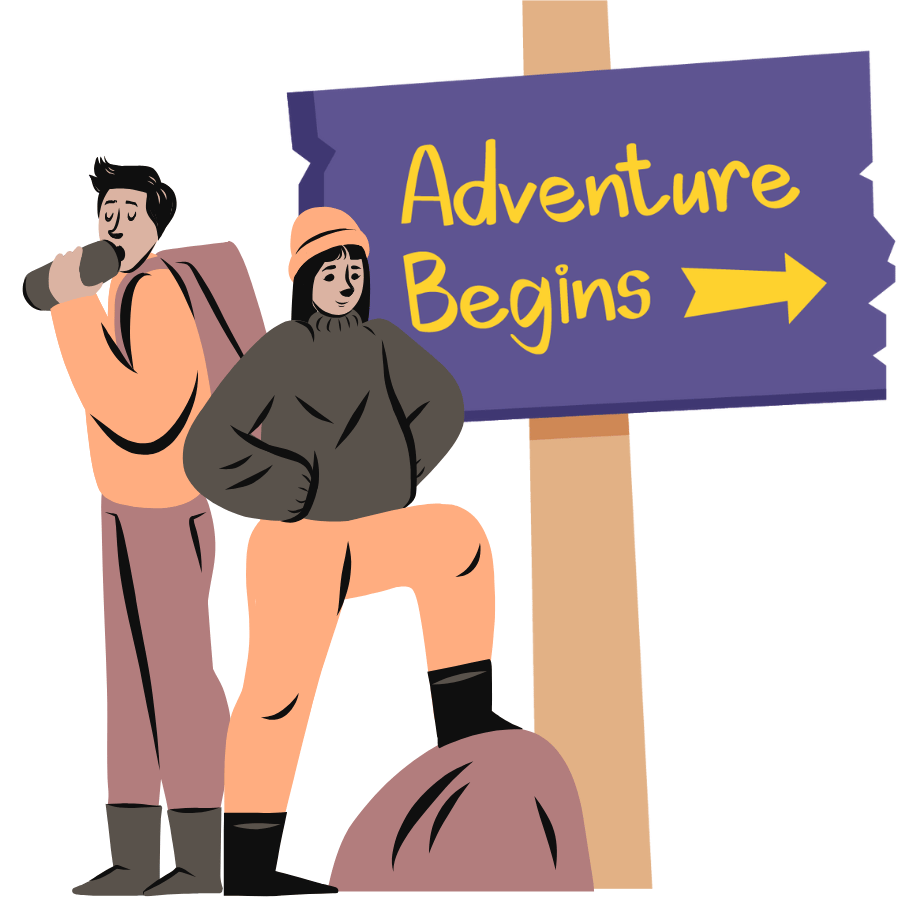
No two people approach the kitchen the same way. Some learn best by watching videos, others by trial and error. Some follow recipes exactly, others improvise freely. For some, the kitchen feels like a science experiment; for others, pure creativity.
What matters less is how you start, and more that you do. Every entry point builds the same foundation of confidence and independence.
Feeding yourself is a fundamental skill. Every adult should know how to do it. Not because everyone must love cooking, but because preparing food is part of being independent, capable, and ready for what life brings.
Kitchen literacy anchors health, builds confidence, and carries culture forward. It is one of those compounding skills that strengthens every stage of life.
Read More: Why The Kitchen
Specta Quartz sees the kitchen as a space for calm, connection, fun, and growth. Follow us on Instagram @surfacesforlife for more.

